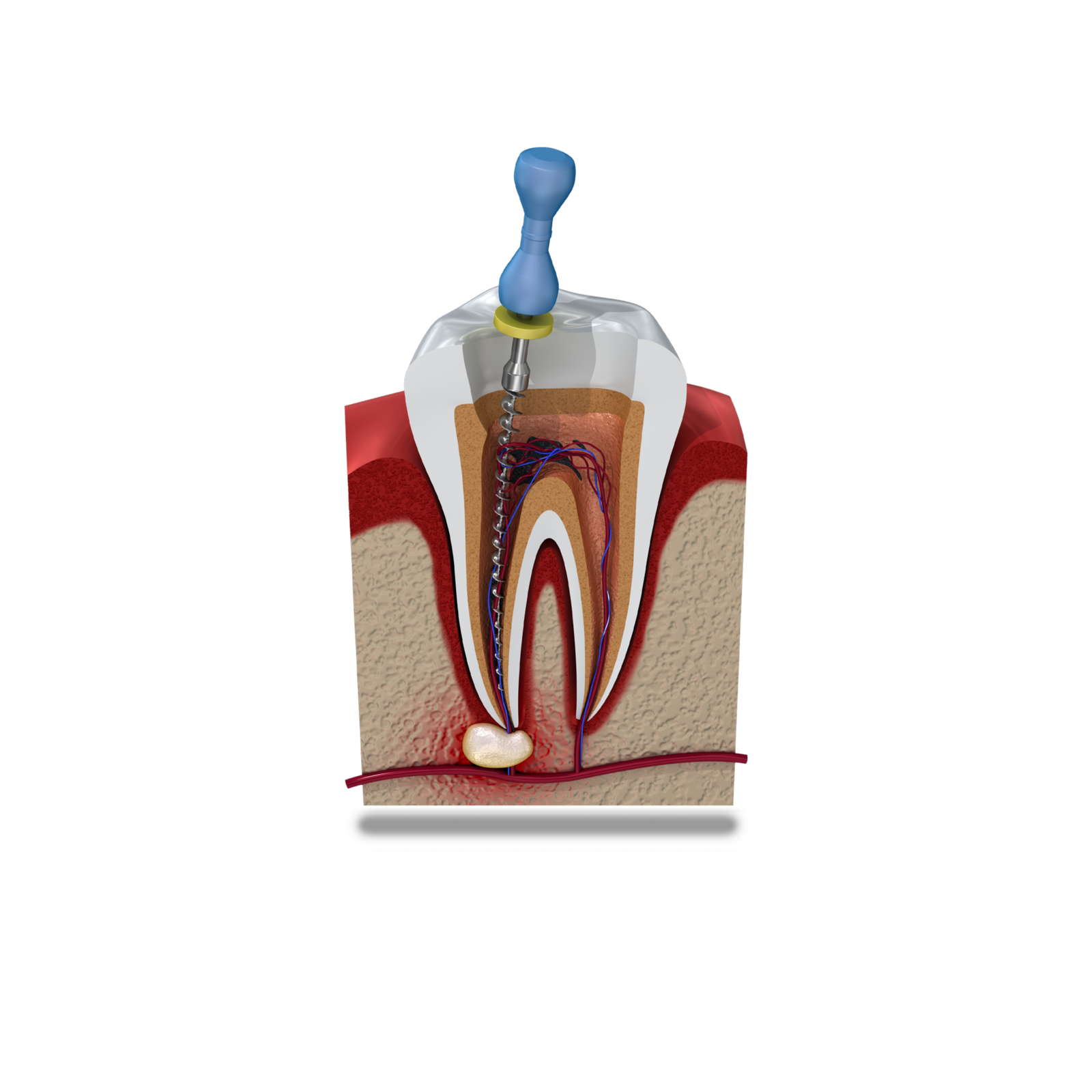
Root canal treatment, also known as endodontic therapy, is a dental procedure performed to save a tooth that has been severely damaged or infected. The treatment involves removing the damaged area of the tooth (the pulp), cleaning and disinfecting it, and then filling and sealing it. The common causes of pulp damage include a cracked tooth, a deep cavity, repeated dental treatments to the tooth, or trauma. The procedure not only relieves pain but also prevents the spread of infection to other teeth. A successful root canal can restore the functionality of the tooth and prevent the need for extraction.
Have Any Questions Feel Free to Contact with Our Team
+90 506 250 00 05

To determine the extent of tooth damage and plan the treatment.

Administered to numb the tooth and surrounding area.
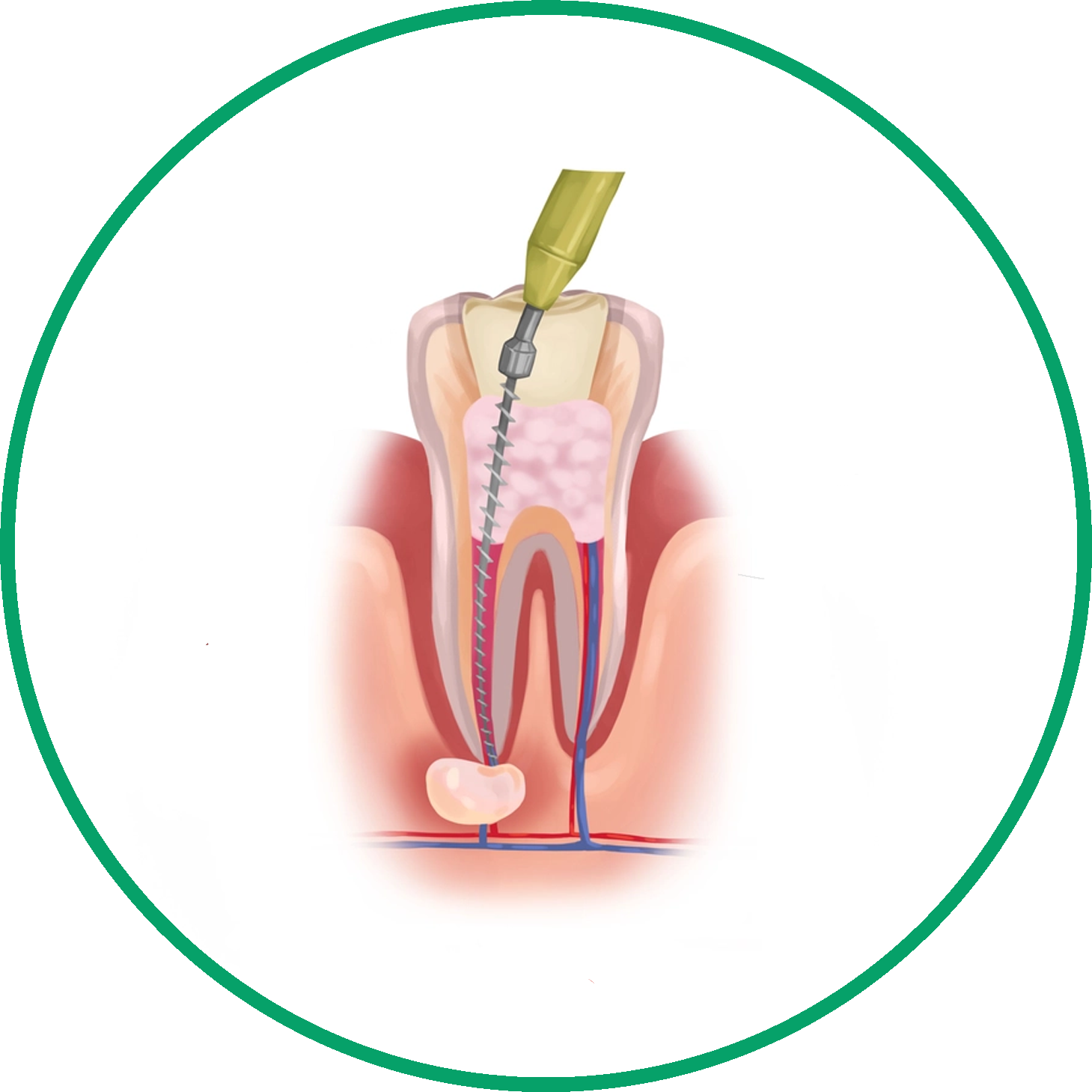
An opening is made, and the damaged pulp is removed from the tooth.

The root canal is cleaned, disinfected, and shaped.
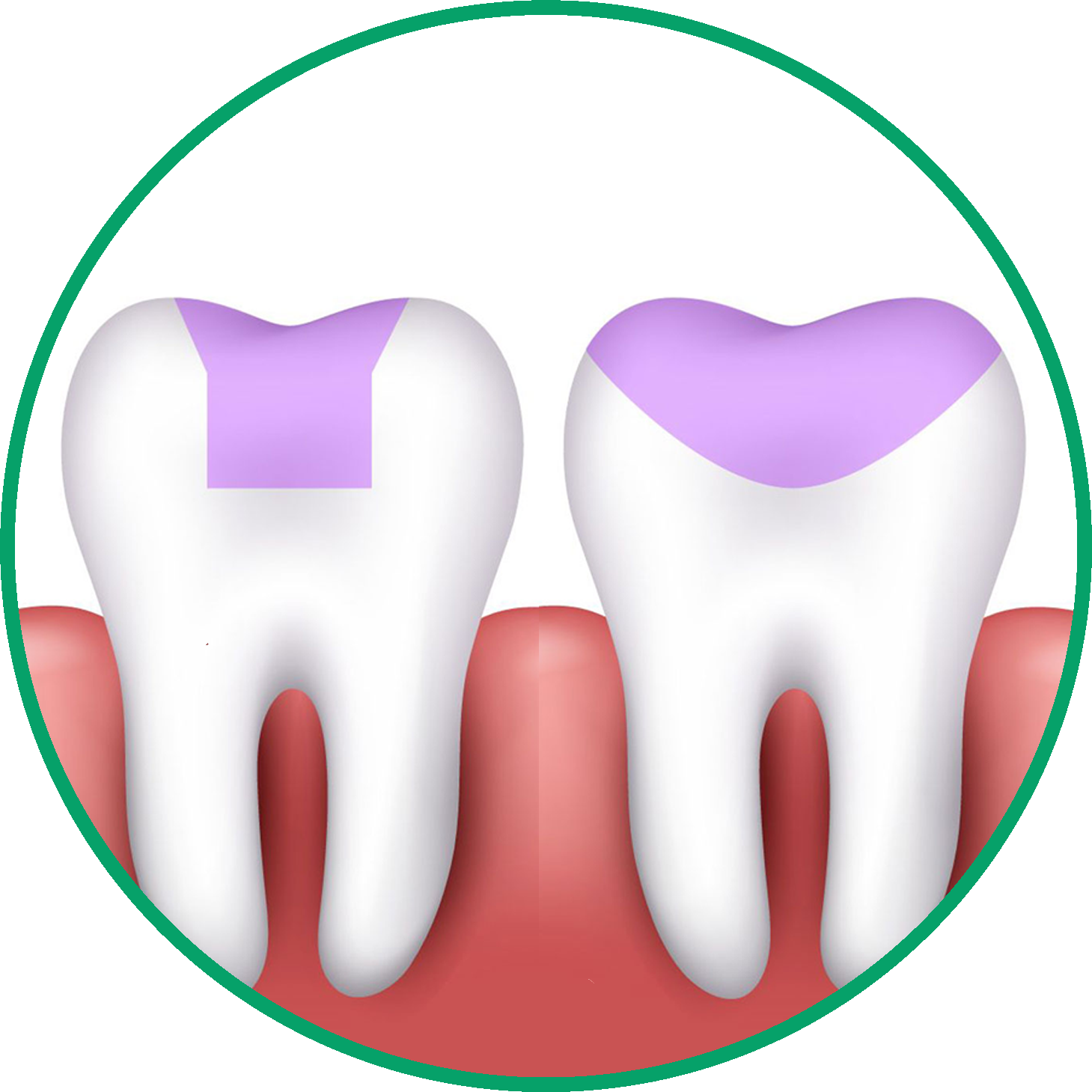
The cleaned canal is filled with a biocompatible material, usually gutta-percha.

The opening in the tooth is sealed with a filling to prevent re-infection.
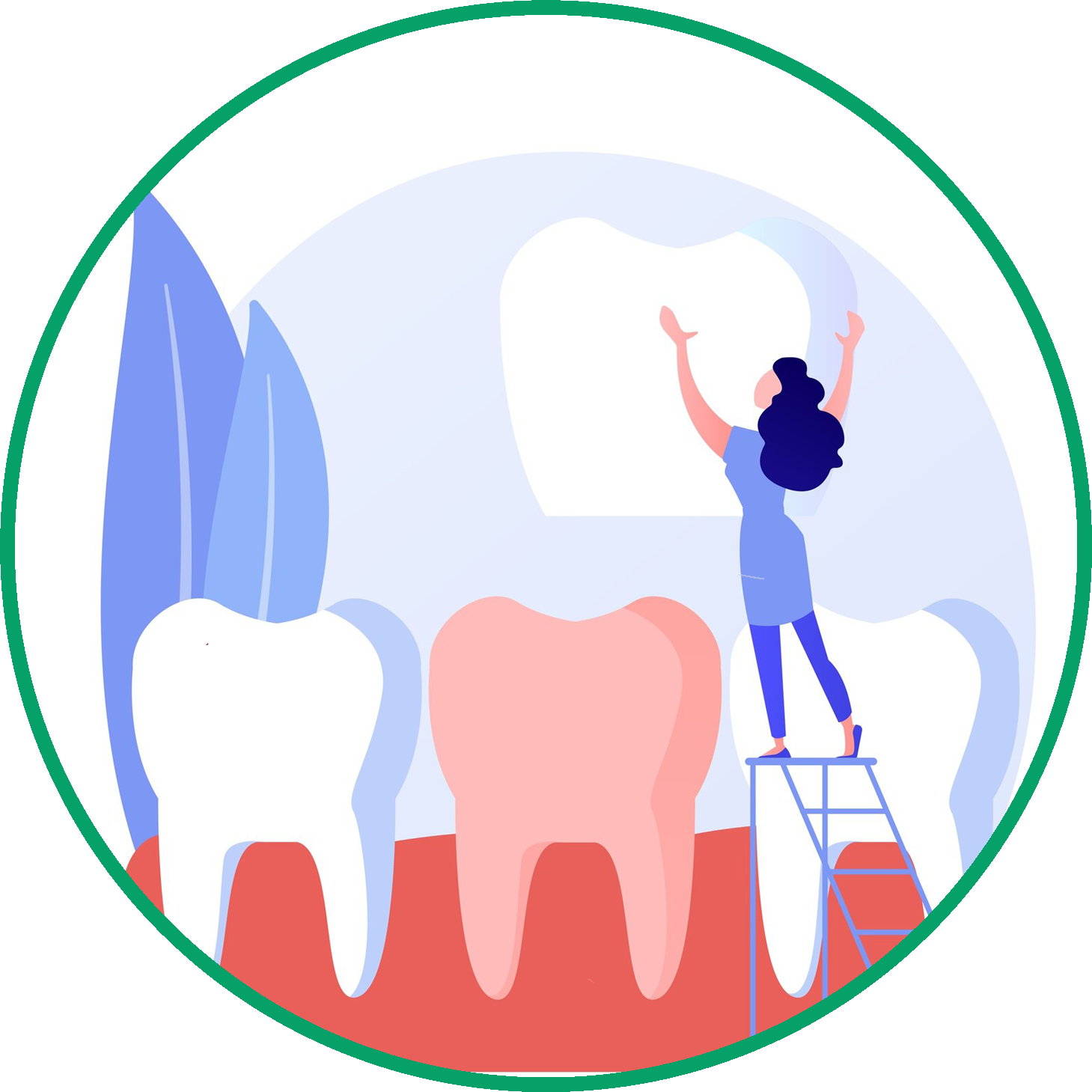
A crown or filling is placed to restore the tooth's shape and functionality.
Have Any Questions Feel Free to Contact with Our Team
+90 506 250 00 05
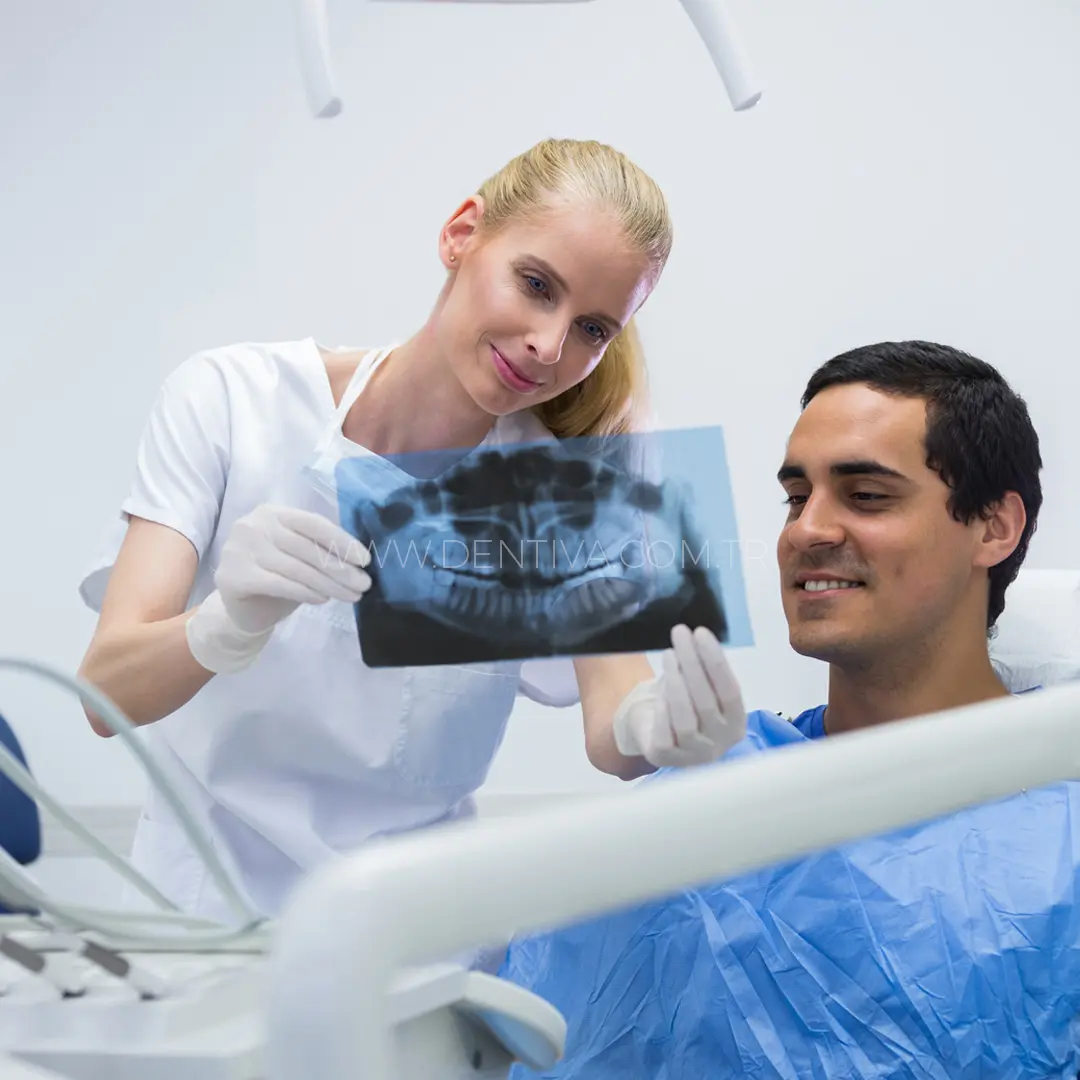
The expected benefits of the procedure include:
Regardless of the benefits, there are some risks associated with the procedure, such as:
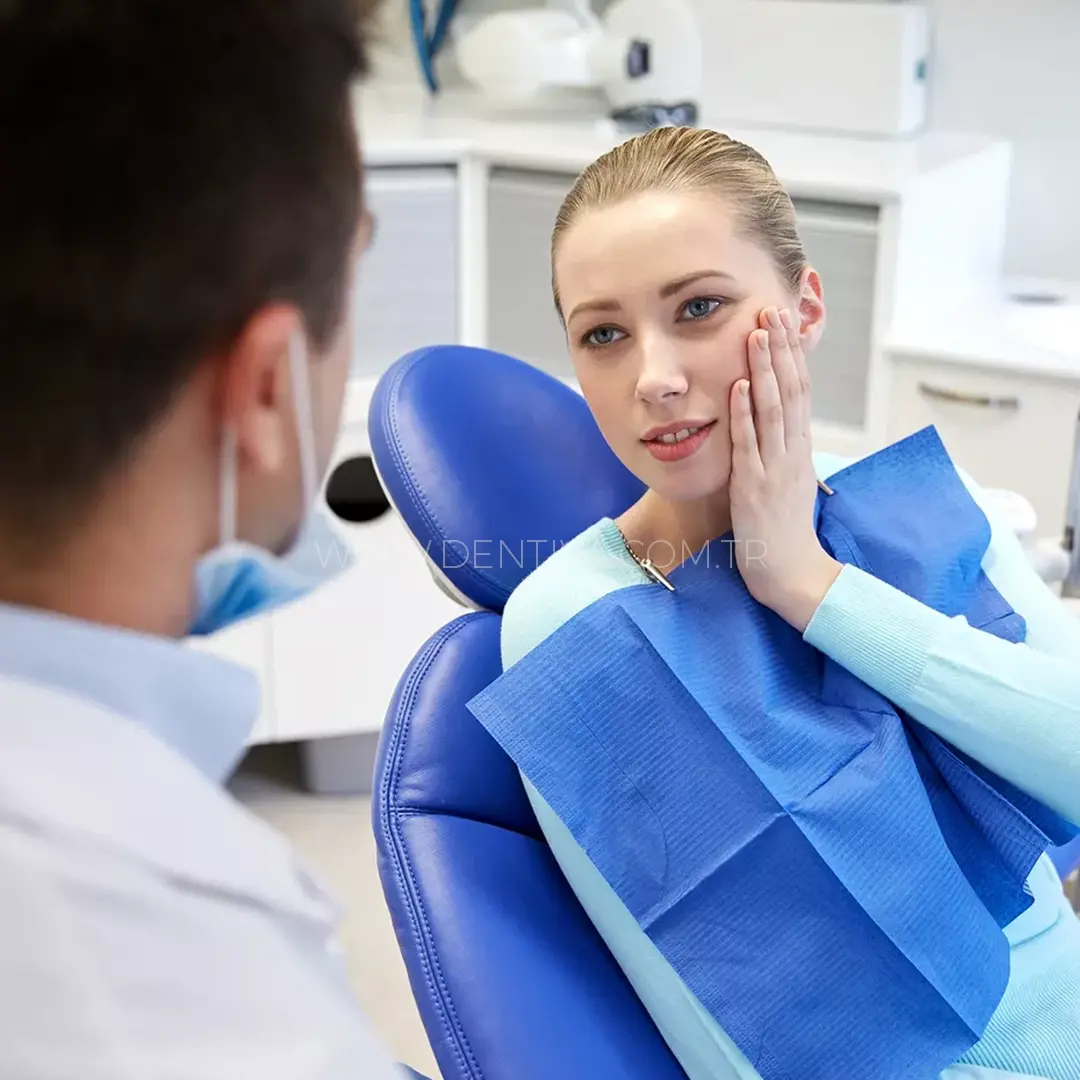


Our endodontists are specialists in root canal therapy, ensuring high success rates.


We utilize the latest in dental technology for precise diagnosis and treatment.


Our clinic prioritizes patient comfort, offering pain management options and a relaxing environment.


We provide thorough aftercare instructions and follow-up appointments to ensure successful healing.


Our competitive pricing makes essential dental care accessible without compromising on quality.
A root canal treatment involves removing infected pulp tissue inside the tooth root canal and sealing the space to save the tooth from extraction.
Root canals are needed when tooth pulp becomes inflamed or infected, usually from deep decay, repetitive dental procedures, large fillings, or cracks or chips in enamel.
Root canals are done under local anesthesia so they should not be painful during the procedure. Some tenderness may occur afterward as the tissue heals.
A root canal usually takes 1-2 visits spaced a week or so apart, with each appointment lasting 1-2 hours. The tooth is prepared on the first visit and then sealed on the second.
Symptoms like toothache pain, sensitivity to hot or cold lasting more than momentarily, swelling around the gums near the tooth, or darkening of the tooth color indicate a possible need for a root canal.
It’s best to avoid chewing on the treated tooth until the numbness fully wears off to avoid biting your lip or cheek. Soft foods are ideal for the first few days while the tooth heals.
Have Any Questions Feel Free to Contact with Our Team
+90 506 250 00 05
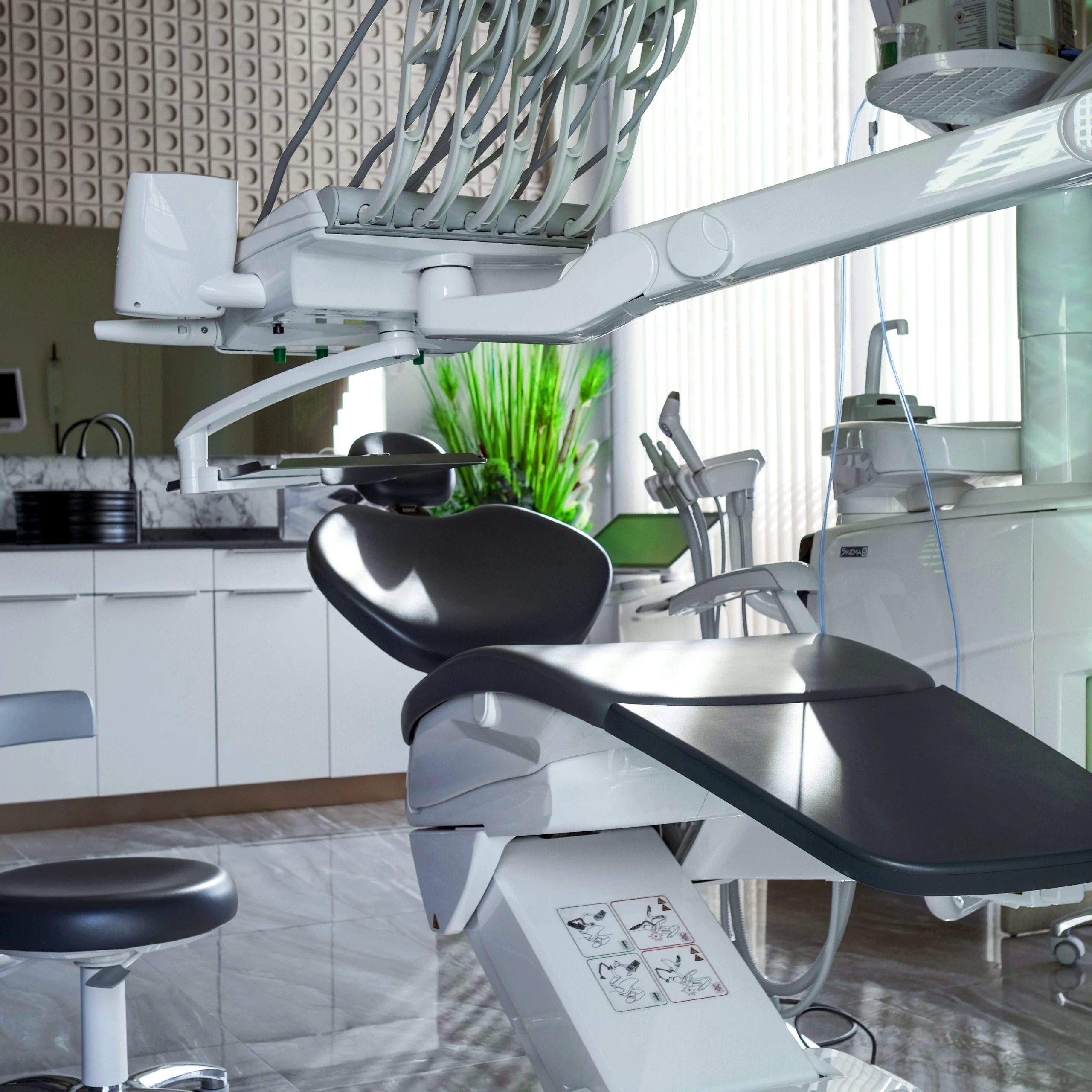
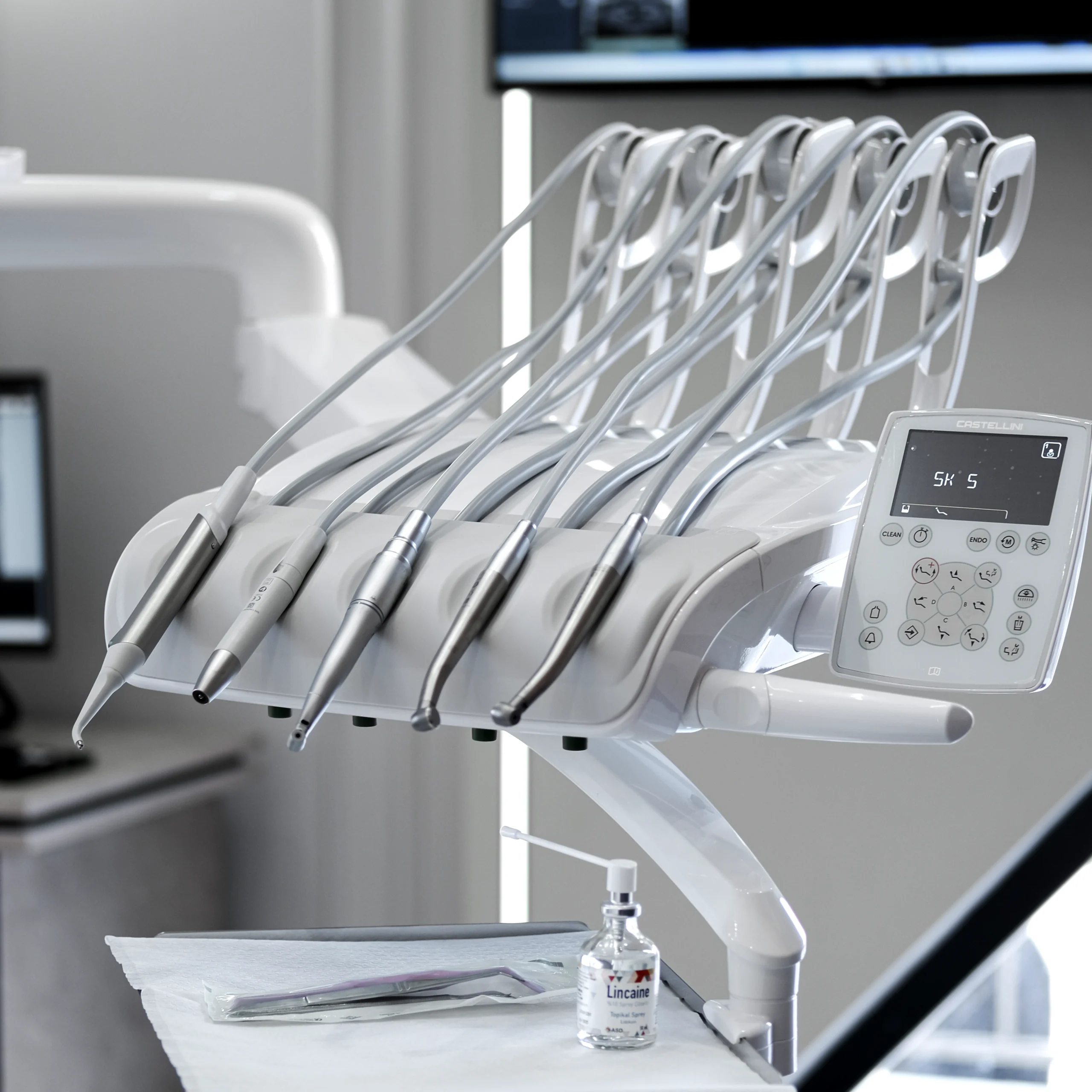
Bağlar, Yavuz Sultan Selim Cd. No:12A, 34200 Bağcılar/İstanbul

